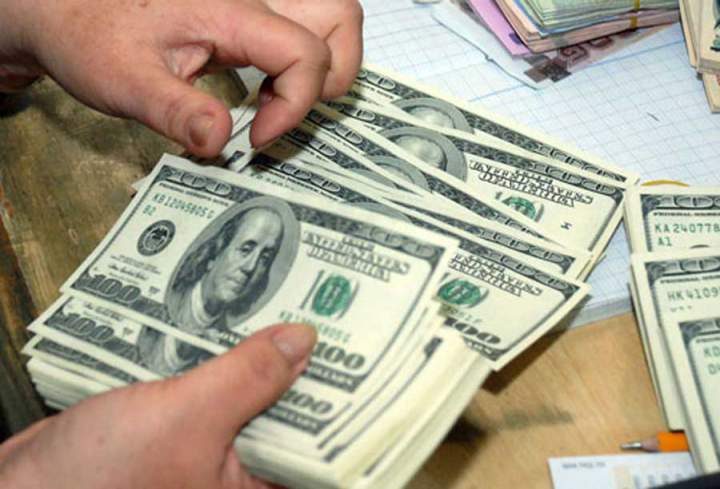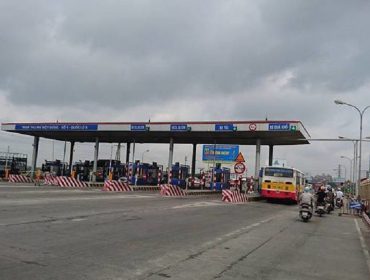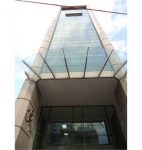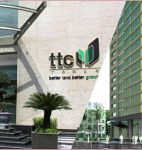Hotline:
(+84) 898 898 688Things Bank Want To Know About You When Making A Loan Application
When banks check your loan application, they will review and evaluate a variety of factors to determine whether to lend money. Take a look at which bank will evaluate you through which indicators?
Normally, there are three most common questions that any bank will put in the assessment when approving a loan application.
Can you afford to pay debt?
One of the bank ratios of greatest interest is the “Cash Coverage Ratio” (English: Cash Coverage Ratio). This ratio is calculated by adding interest after tax and with deduction (non-cash expenses) and dividing it by the amount you pay annually if the loan application is approved.

Ratio of cash payment when borrowing bank capital
Secondary sources of income, such as spouse’s income or other income, may be taken into account if Cash Coverage Ratio indicate that the business or individual is not able to repay the debt. If you have these sources, you should list them out to the bank.
>>>Read more: 5 Benefits Of Buying A Secondary Home
You afford, but do you have a willingness to pay it?
The credit score of your business and yourself will greatly affect this question, but the ” Debt To Worth Ration” is also important. It tells the bank how much risk is up to you. If your money is mainly borrowing, you will be considered “high risk”.


Credit scores are important when reviewing loan applications
Debt To Worth Ration is very easy to calculate, just take the total debt divided equity. Normally most banks would like to see this ratio no larger than 3 to 4 times. So if your capital is $ 50,000, you should not owe more than $ 150,000 to $ 200,000.
Also, let the bank know you have a friend or relative’s debt. If your uncle agrees to let you repay the bank before paying him, the bank will consider the amount you owe is capital rather than debt. As a result, Debt To Worth Ration can be greatly improved.
What if you can not pay your debt?
In the worst case, the bank wants to know if there are any tangible assets that can be liquidated for repayment. Most loans worth less than $ 50,000 are secured by tangible assets with a value greater than or equal to the value of the loan.


When applying for a bank loan, you must have a reasonable repayment plan
For example, last month you bought a $ 75,000 apartment but now your bank only lends you $ 40,000. Why is that? The reason is that if you have to sell, the bank sell rarely the original price. The following is the ratio of the amount you borrow to the book value of the asset:
Receivable: 20-85%
- Inventory: 10-80%
- Tools: 10-80%
- Real estate (housing or rental): 50-90%
- Cash / investment: 50-90%
>>> Read more: Vietnam Real Estate Investment
Your collateral is priced high or low depending on their quality and liquidity. With your receivables, the quality of your customers, their credit ratings and their payment history will determine the value of the collateral. With inventory, it depends on what it is, where it is, how long it takes and whether anyone wants to buy it. Therefore, you should prove that your collaterals are highly liquid.
You are reading the article Things Bank Want To Know About You When Making A Loan Application the Real Estate category at https://realestatevietnam.com.vn/. Any information sharing, feedback please contact through Hotline (+84) 898 898 688 (24/7) or email to contact.vietnamrealestate@gmail.com.
Special thanks!









































